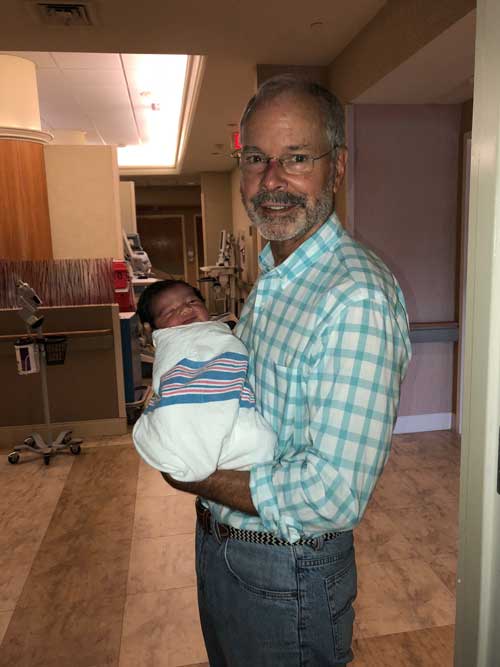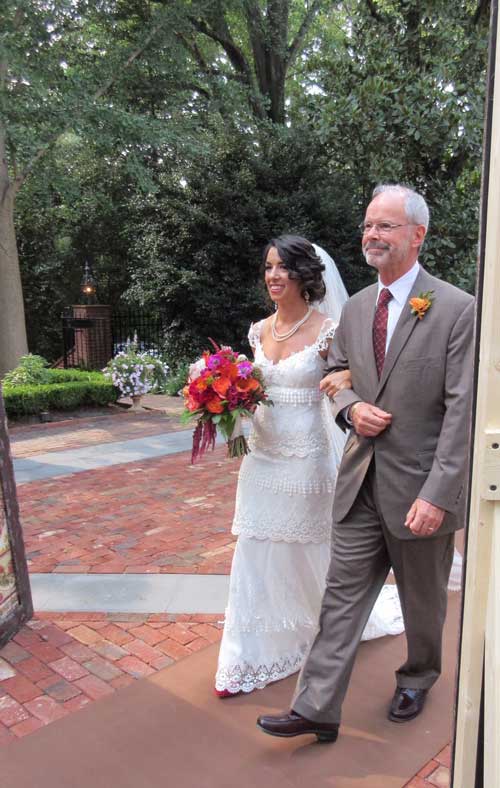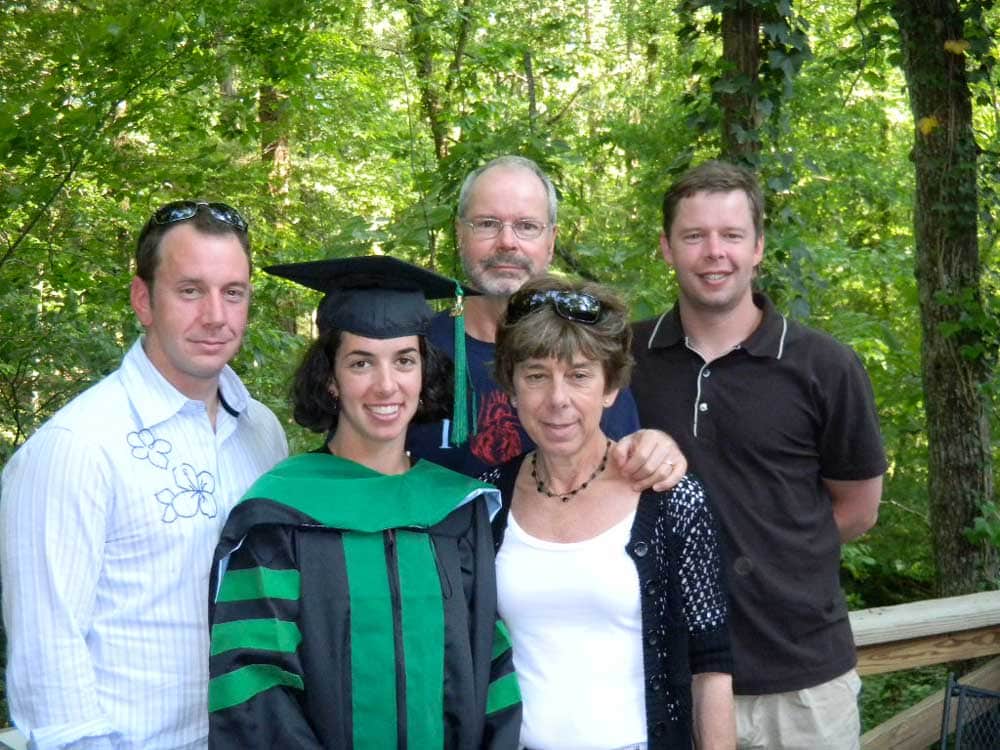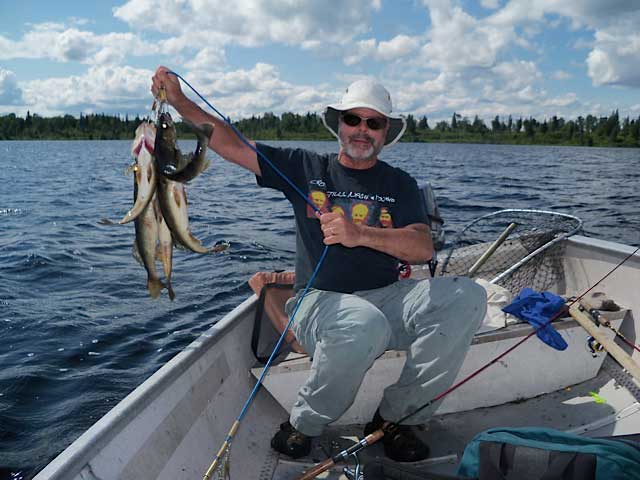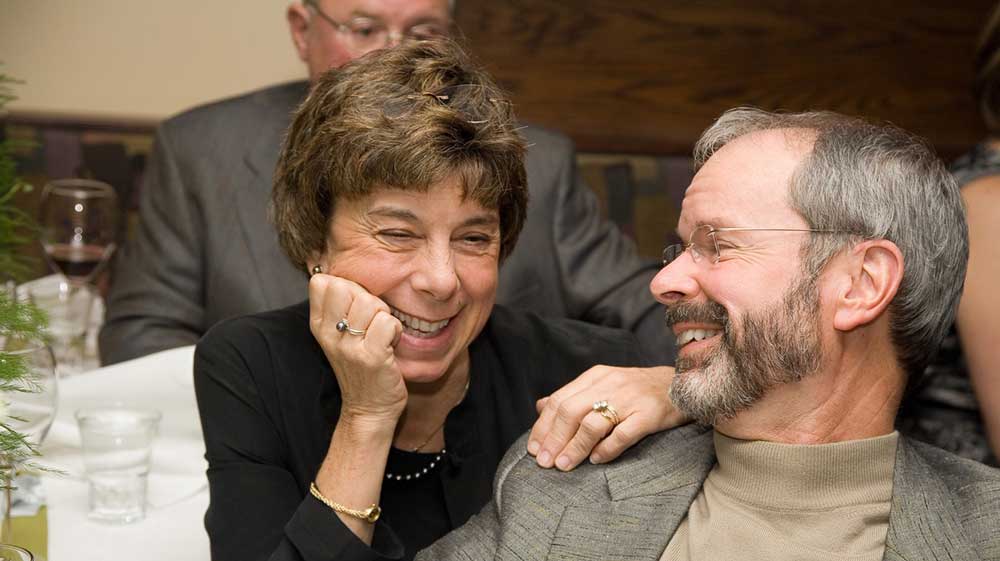His mom made him do it
Gary Niess, MD, on the origins of his cardiology career and what the future holds for cardiac patients in Charlotte
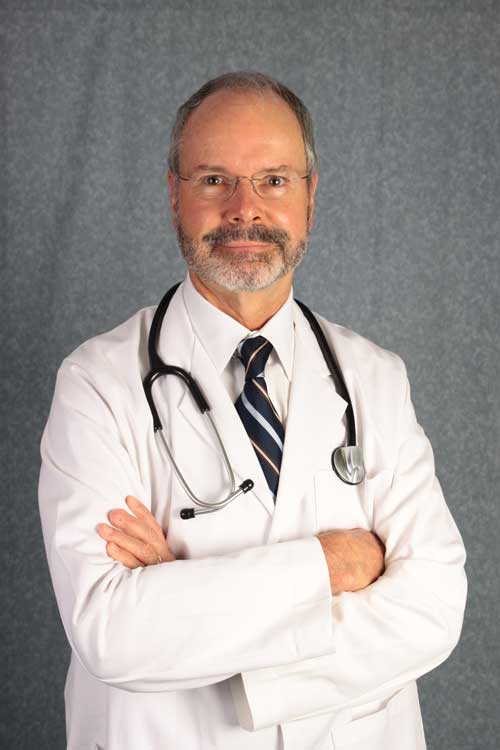
Somewhere in the recesses of the internet is a video of Gary Niess, MD, giving an interview as part of a promotional campaign for Novant Health Presbyterian Medical Center.
In the video, the interviewer asks Niess, now the senior vice president of the Novant Health Heart & Vascular Institute, why he decided to become a doctor. In a moment of levity, Niess offers a simple answer.
“My mom told me to.”
The remark was intended to be a joke, but as with all jokes, it contains a kernel of truth. Growing up, Niess had a younger brother who was born with a congenital heart defect. Doctors told their family he wouldn’t live to be 8. But in the years after his birth, researchers developed a heart operation that gave him years of life. Age 8 came and went, and his brother lived well into his 40s, eventually passing away due to causes unrelated to a bad heart.
Niess remembers those doctors’ visits, especially how his mother would push him into the room to watch the physicians in action. It made an impact, and when Niess returned to Charlotte after medical school, he joined Presbyterian Medical Center. He has been “a loyal Presby doctor” ever since.
“It turns out, our mothers have an inordinate influence on our lives,” Niess said with a laugh.
In his time at Presbyterian Medical Center, Niess has been part of some significant milestones. He performed the second heart catheterization ever done at the hospital. He has treated and counseled patients and families across the community. And in time, as his physician colleagues saw it, he became “a suit” — part of the Novant Health administration — which took him out of regular practice and put him into opportunities that allow him to transform care at a broader level.
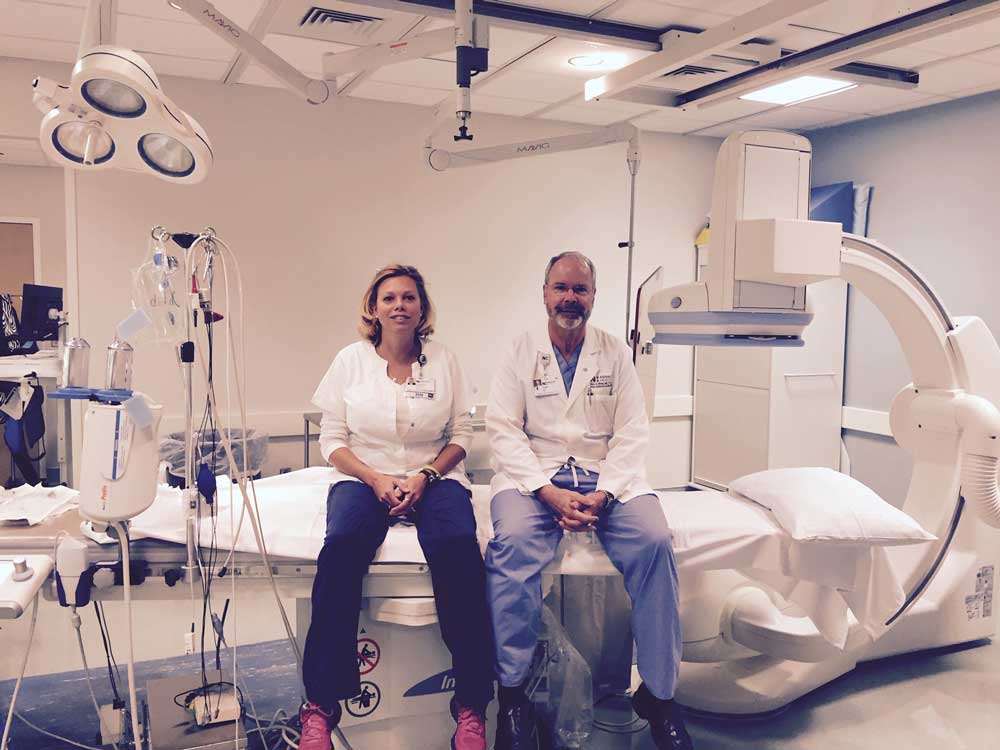
The new building that will house the John M. and Claudia W. Belk Heart & Vascular Institute, as well as the Edward I. and Agnes B. Weisiger Cancer Institute, will be a perfect example when it opens later this year.
“We’re going to have cardiac rehab there, dietary services, cooking classes, recovery — all of it bright and shiny and new and high-tech,” Niess said. “It’s just invigorating to go into a new space full of new opportunities.”
The new building will also create more opportunities for direct collaboration with Novant Health’s cancer specialists, Niess said.
“Cancer creates a whole collage of potential problems for the cardiovascular system, either from the cancer itself or the treatment of it,” Niess said. “So having patients jointly managed by cardiology and cancer is very important.”
The efficiency of a shared location also plays an important role in the patient journey, Niess said.
“Regina Hartung, my previous business partner, once tracked a patient’s journey with a pedometer for the full process of all of their treatments, between cancer and getting heart studies. The total was something like 10,000 steps. That’s a worthy goal on a daily basis — unless you have cancer. Then, it’s a nightmare,” Niess said. “The beauty of this center is that there won’t have to be this long, complicated journey because we’ll be cohabitating. As a result, the facilities and the synergies will be much better for patients.”
While the new institute will create opportunities for better care, Niess knows healthcare providers are facing unprecedented challenges. Although the country has begun to reopen, the COVID-19 pandemic has come with a dangerous side effect: Many people are reluctant to receive the lifesaving care they need.
“We want patients to know you’re safe. You are much safer at Novant Health than you are at your grocery store. However, patients know that COVID-positive people go to the hospital. We isolate those areas completely, and that message is out there. But it is changing how people perceive healthcare,” Niess said. “People aren’t coming to us. We are wide open for business, and yet we aren’t seeing many of the sick patients who only get worse at home without care.”
Statistics across the country show that people with a variety of non-COVID-related ailments are avoiding care in the current healthcare environment. Some of them are waiting too long to visit the emergency room, delaying critical medical interventions for issues such as strokes and heart attacks. Some are dying at home.
“The number of people coming in with heart attacks has dropped significantly, and it’s not like stress is less. The things that make you have a heart attack haven’t gone away, but people are coming in less and less. And that’s because they’re either dying at home or toughing it out at home,” Niess said. “If they’re willing to tough out a heart attack at home, you can understand why they wouldn’t come in for other acute and serious problems.”
Niess also understands that fear may not be the only factor at play. The pandemic is stripping many people of their jobs, and without jobs, there is no health insurance or ability to pay for lifesaving medical care.
“People are having to make choices now that they’re out of work. They’re in this terrible dilemma of, ‘Do I lose my healthcare or my mortgage?’” he said.
That’s part of the reason why Niess has been so loyal to Novant Health for so long: It’s a not-for-profit health system with a commitment to providing remarkable care to everyone, regardless of an ability to pay.
“Our dedication to continually keeping an eye on the underserved is another huge piece that is even more important in the COVID world. They are not getting the same level of care as the insured,” Niess said. “At Novant Health, we’ve been testing those patients free of charge. That’s a reason to be proud of Novant Health. It’s not cheap providing free care, and at a time when revenues to hospitals are plummeting and the red ink is just flowing, maintaining that dedication to serving everyone equally is so important.”
You can do your part to support those efforts.
With a gift to the Novant Health Presbyterian Medical Center Foundation, your contributions allow us to continue providing remarkable care throughout our community, regardless of an individual’s ability to pay. And, as Dr. Niess explains, that’s more important now than ever before.
